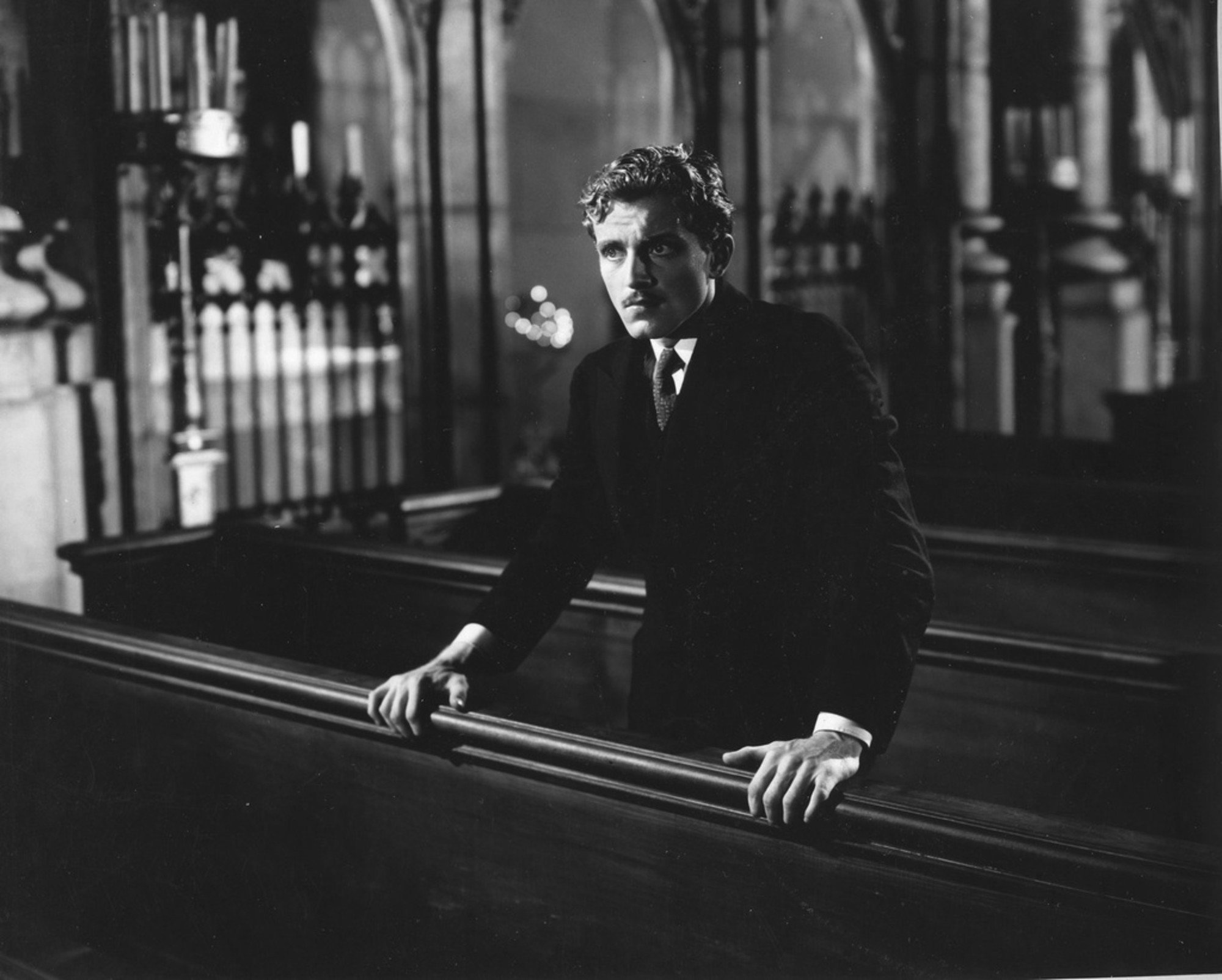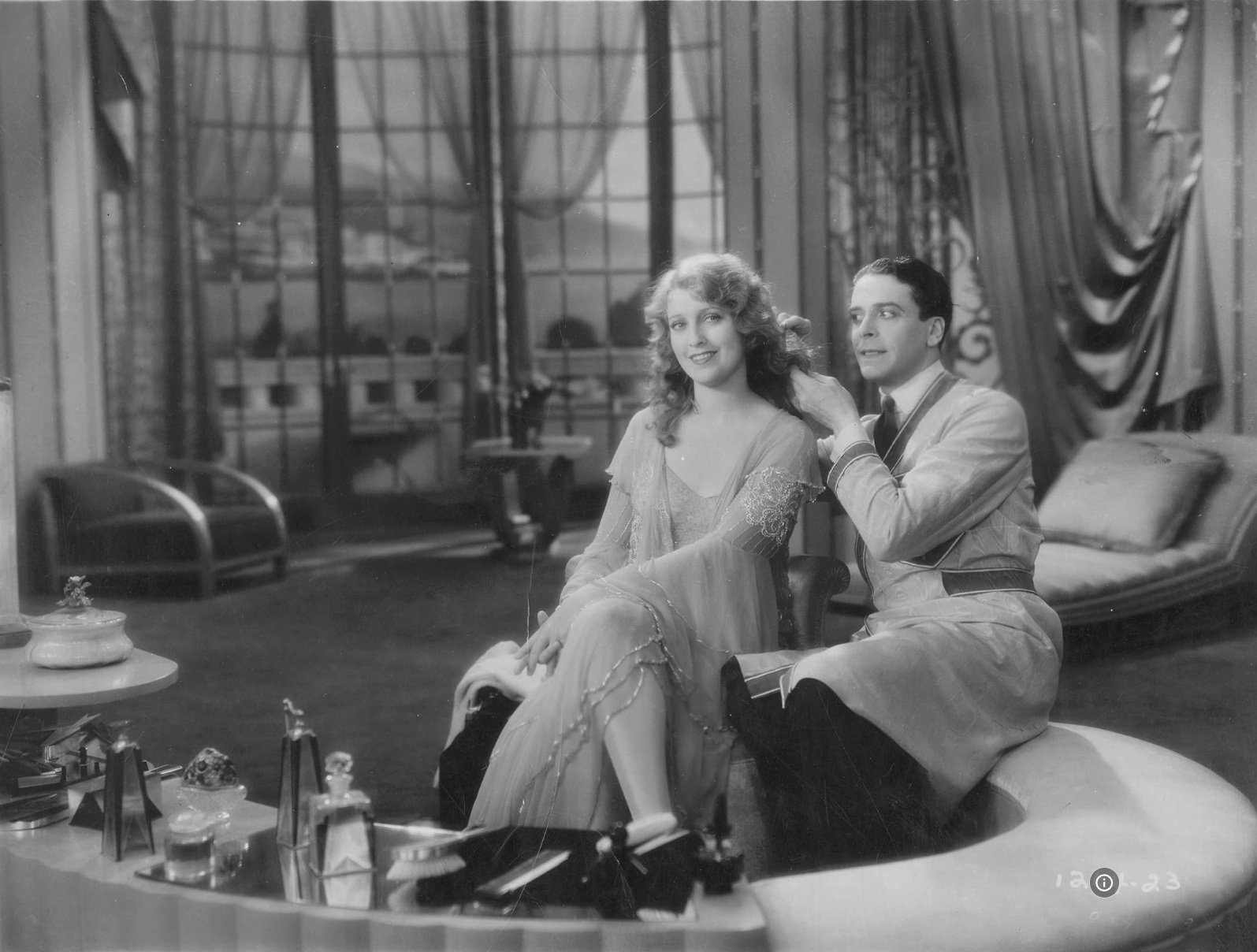It’s our final season, and much has changed: Lubitsch is production head of Paramount, though not for long. The Production Code administration is enforcing the Hays code with an iron fist and, much worse, the National Socialist German Workers' Party is ruling Germany with a significantly heavier iron first. Over the course of the next ten years, we’ll experience another world war, the height of classical Hollywood, and the death of our show’s namesake.
To kick things off, renowned author Scott Eyman joins us to discuss his definitive biography of Ernst Lubitsch, Laughter in Paradise, as well as Lubitsch’s life and career circa the mid-late 1930s. We cover Eyman’s research process, Lubitsch’s attitudes towards life and art, his tenure as production head of Paramount, and his working methods with actors.
Edited by Sophia Yoon.
We have a Discord!
Listen on: Apple Podcasts | Spotify
NEXT WEEK:
Author Imogen Sara Smith joins us to discuss DESIRE. For information as to where to find this film, check out our resources page.
WORKS CITED:
Ernst Lubitsch Made the Hollywood Comedy Sublime by Alex Ross
What Makes Lubitsch Lubitsch by Farren Smith Nehme
Survival Tactics: German Filmmakers in Hollywood by Joe McElhaney



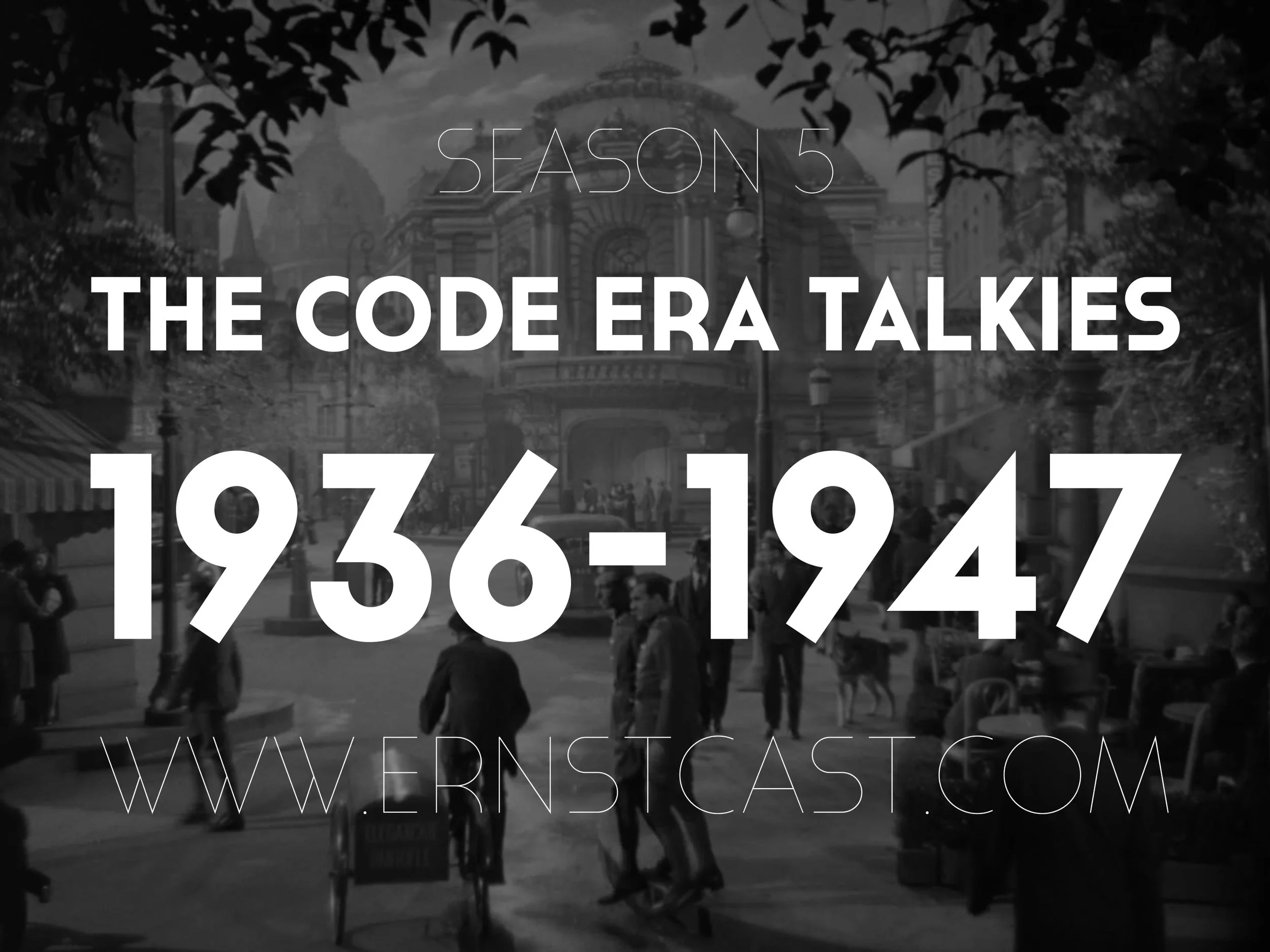










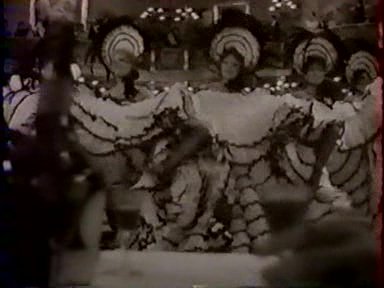
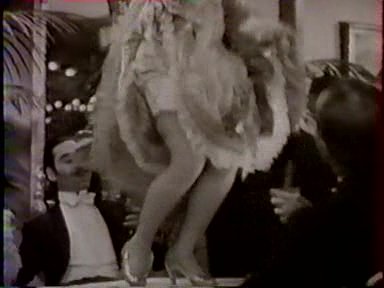
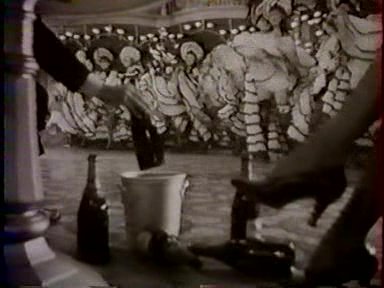
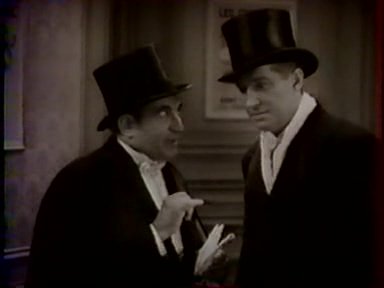








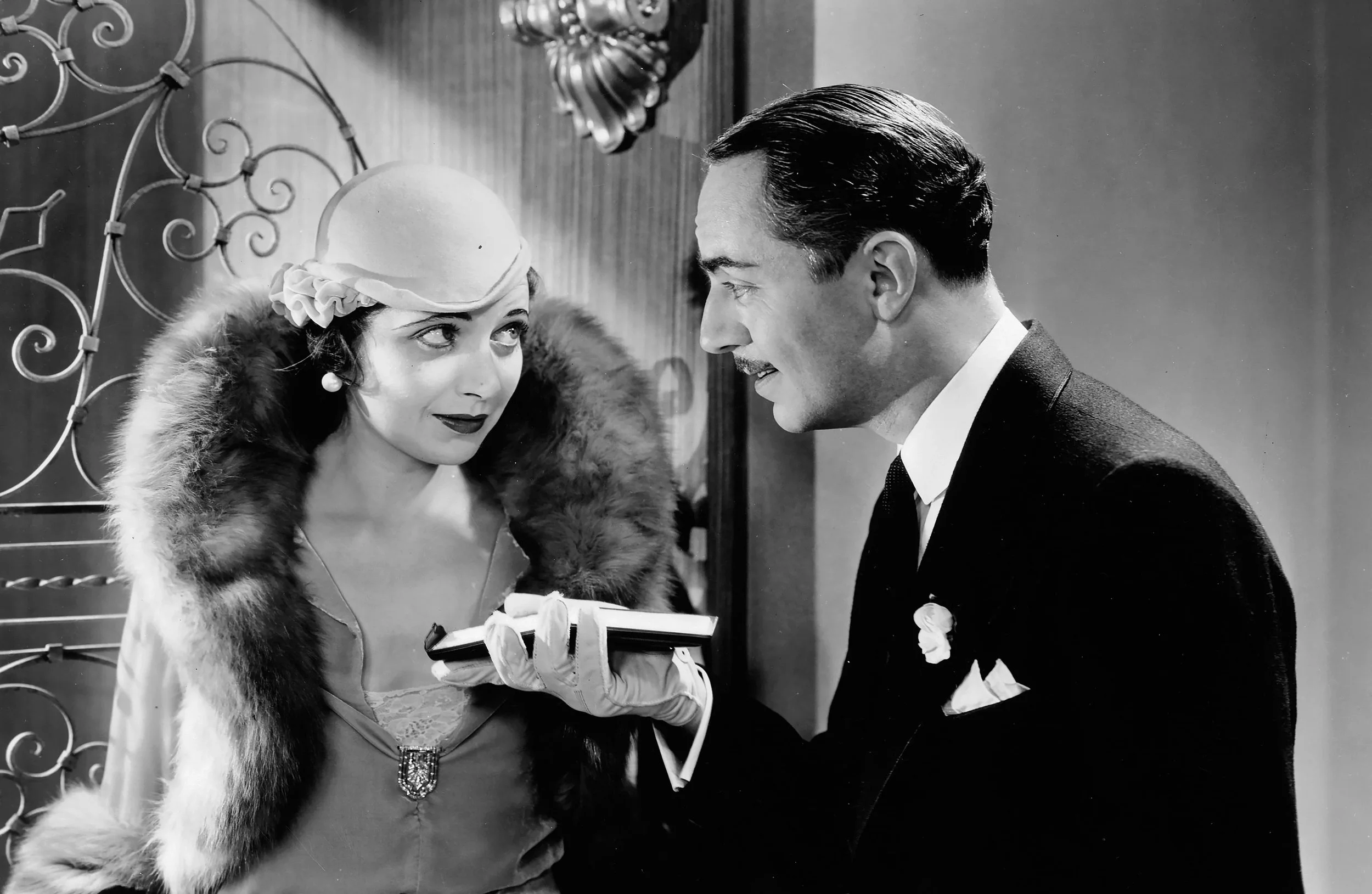

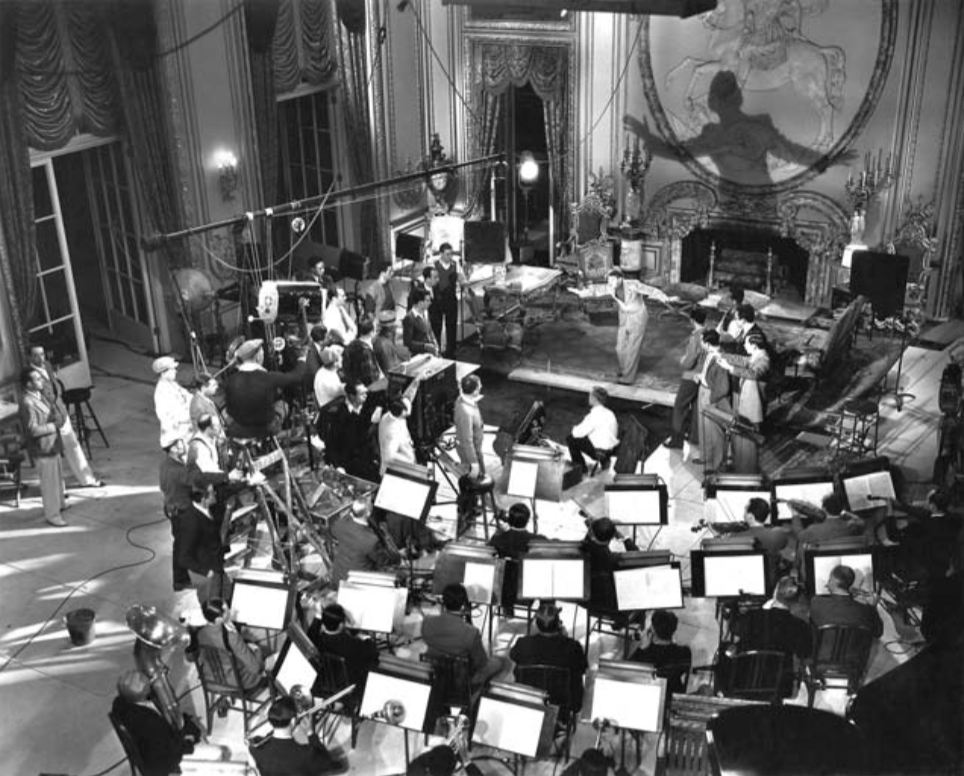
![Love.Me.Tonight.1932.1080p.BluRay.FLAC.x264-HANDJOB.mkv_snapshot_01.03.46_[2023.12.18_10.13.04].png](https://images.squarespace-cdn.com/content/v1/5d9fafde09ffae367fb91672/1702923189652-W6WLRO9FN68Q94GJYGD0/Love.Me.Tonight.1932.1080p.BluRay.FLAC.x264-HANDJOB.mkv_snapshot_01.03.46_%5B2023.12.18_10.13.04%5D.png)







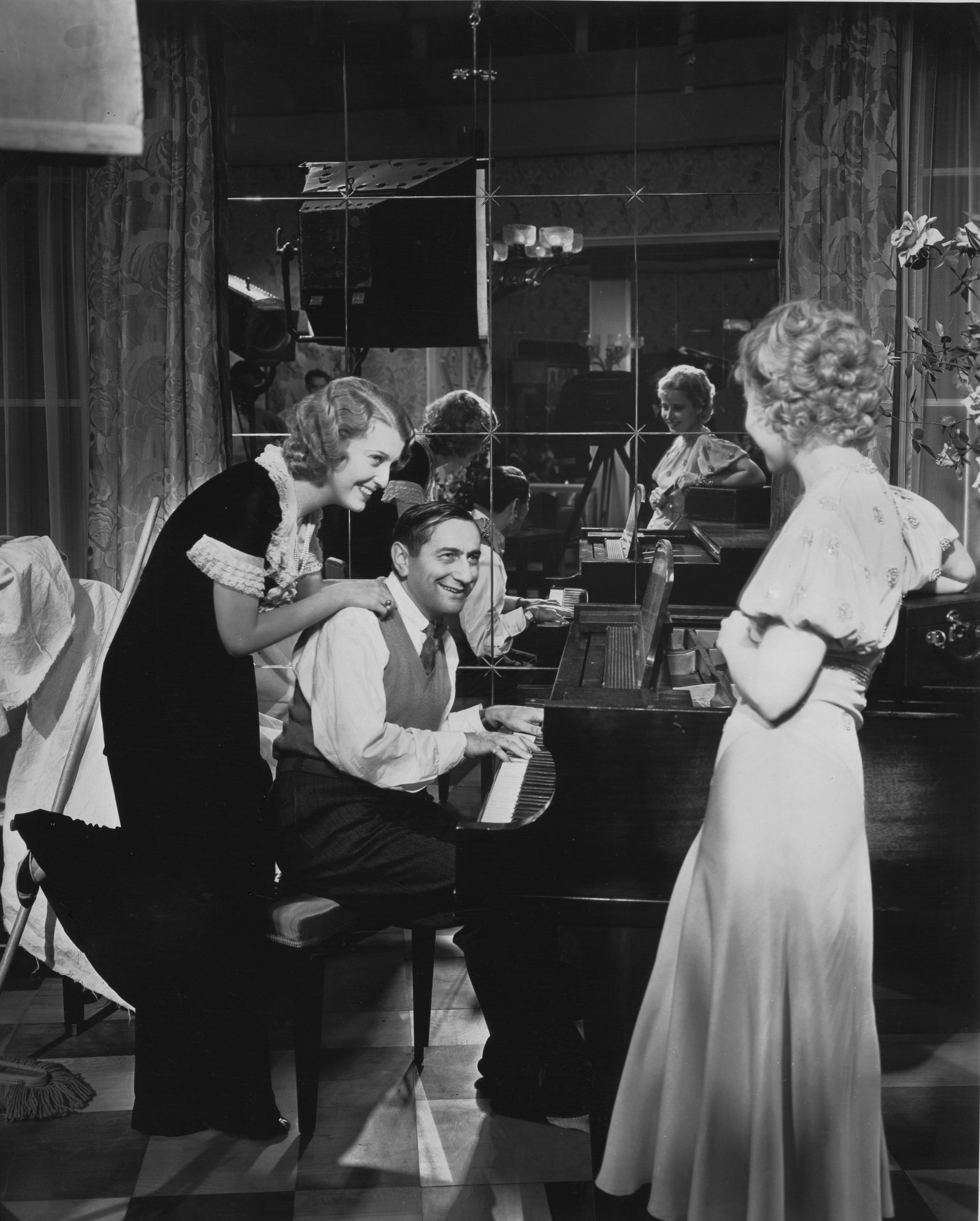


![One.Hour.With.You.1932.BluRay.Tinted.FLAC.mkv_snapshot_00.00.20_[2023.10.19_09.21.59].jpg](https://images.squarespace-cdn.com/content/v1/5d9fafde09ffae367fb91672/1697732788624-TLM0UFYKESND8DY6HUVY/One.Hour.With.You.1932.BluRay.Tinted.FLAC.mkv_snapshot_00.00.20_%5B2023.10.19_09.21.59%5D.jpg)
![One.Hour.With.You.1932.BluRay.Tinted.FLAC.mkv_snapshot_00.02.52_[2023.10.19_09.22.15].jpg](https://images.squarespace-cdn.com/content/v1/5d9fafde09ffae367fb91672/1697732788488-7JVAA034ZAZ4TNK5JKZ4/One.Hour.With.You.1932.BluRay.Tinted.FLAC.mkv_snapshot_00.02.52_%5B2023.10.19_09.22.15%5D.jpg)
![One.Hour.With.You.1932.BluRay.Tinted.FLAC.mkv_snapshot_00.06.32_[2023.10.19_09.22.25].jpg](https://images.squarespace-cdn.com/content/v1/5d9fafde09ffae367fb91672/1697732789552-TLSNDBJWBZKXPR6SOGBO/One.Hour.With.You.1932.BluRay.Tinted.FLAC.mkv_snapshot_00.06.32_%5B2023.10.19_09.22.25%5D.jpg)
![One.Hour.With.You.1932.BluRay.Tinted.FLAC.mkv_snapshot_00.31.26_[2023.10.19_09.26.13].jpg](https://images.squarespace-cdn.com/content/v1/5d9fafde09ffae367fb91672/1697732789746-PGMS7RONNE83EN1LQ5H9/One.Hour.With.You.1932.BluRay.Tinted.FLAC.mkv_snapshot_00.31.26_%5B2023.10.19_09.26.13%5D.jpg)
![One.Hour.With.You.1932.BluRay.Tinted.FLAC.mkv_snapshot_00.38.06_[2023.10.19_09.22.49].jpg](https://images.squarespace-cdn.com/content/v1/5d9fafde09ffae367fb91672/1697732790473-EQSHRYTJGB2RWG2QUFQ0/One.Hour.With.You.1932.BluRay.Tinted.FLAC.mkv_snapshot_00.38.06_%5B2023.10.19_09.22.49%5D.jpg)
![One.Hour.With.You.1932.BluRay.Tinted.FLAC.mkv_snapshot_00.45.47_[2023.10.19_09.23.12].jpg](https://images.squarespace-cdn.com/content/v1/5d9fafde09ffae367fb91672/1697732790634-TSD9D7MNU45MQM9Y3CRS/One.Hour.With.You.1932.BluRay.Tinted.FLAC.mkv_snapshot_00.45.47_%5B2023.10.19_09.23.12%5D.jpg)
![One.Hour.With.You.1932.BluRay.Tinted.FLAC.mkv_snapshot_00.47.07_[2023.10.19_09.24.55].jpg](https://images.squarespace-cdn.com/content/v1/5d9fafde09ffae367fb91672/1697732791401-RH40BWW9T24EC73X1F3T/One.Hour.With.You.1932.BluRay.Tinted.FLAC.mkv_snapshot_00.47.07_%5B2023.10.19_09.24.55%5D.jpg)
![One.Hour.With.You.1932.BluRay.Tinted.FLAC.mkv_snapshot_00.49.39_[2023.10.19_09.24.06].jpg](https://images.squarespace-cdn.com/content/v1/5d9fafde09ffae367fb91672/1697732791574-YUMRF7XDIQK6K2N868CT/One.Hour.With.You.1932.BluRay.Tinted.FLAC.mkv_snapshot_00.49.39_%5B2023.10.19_09.24.06%5D.jpg)
![One.Hour.With.You.1932.BluRay.Tinted.FLAC.mkv_snapshot_00.53.28_[2023.10.19_09.24.25].jpg](https://images.squarespace-cdn.com/content/v1/5d9fafde09ffae367fb91672/1697732792304-H8D8BPS35JOZI7GFPI2T/One.Hour.With.You.1932.BluRay.Tinted.FLAC.mkv_snapshot_00.53.28_%5B2023.10.19_09.24.25%5D.jpg)



